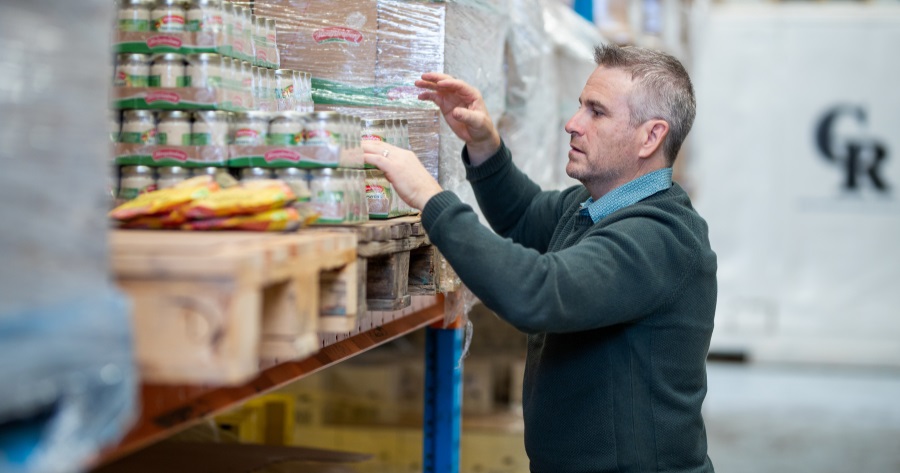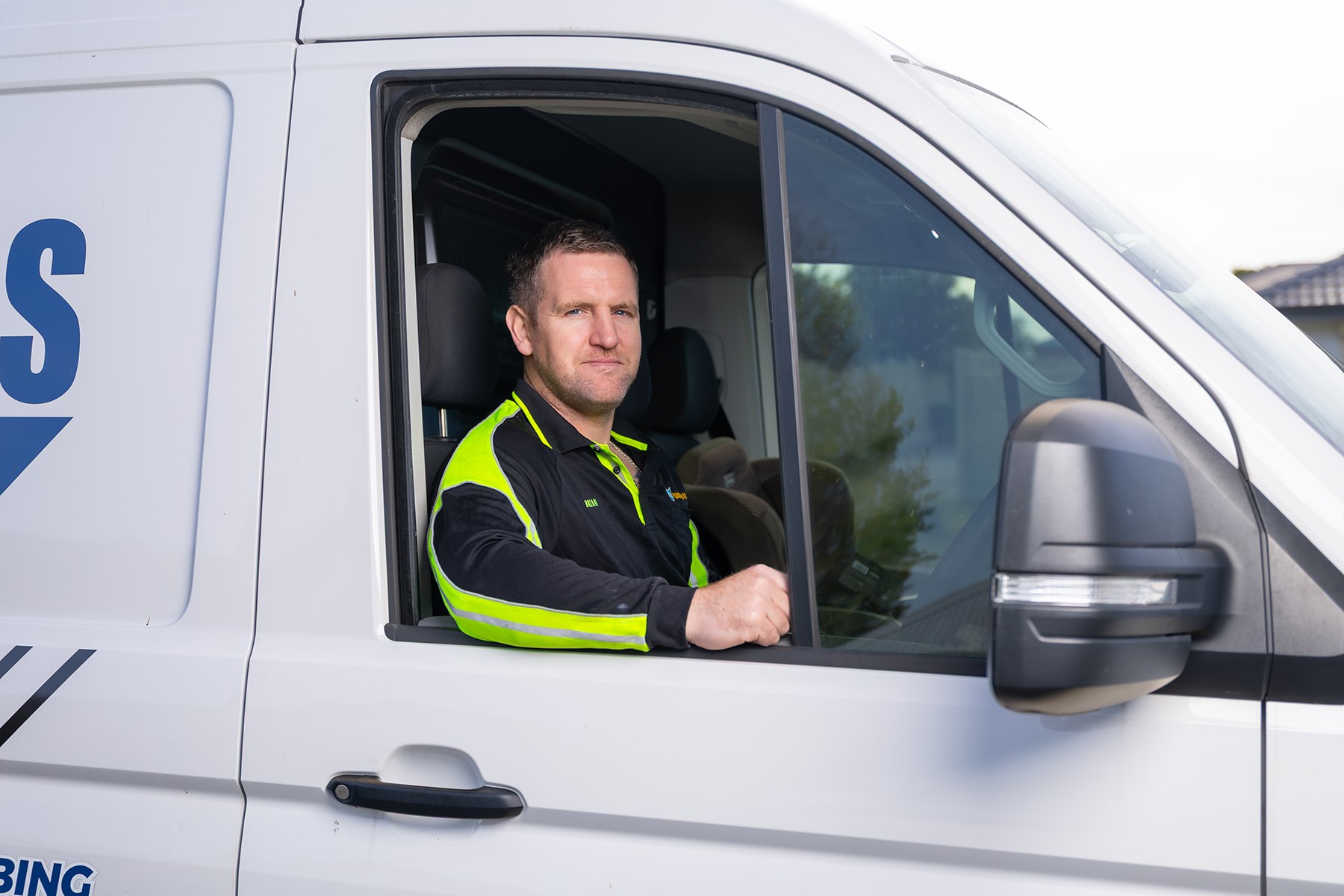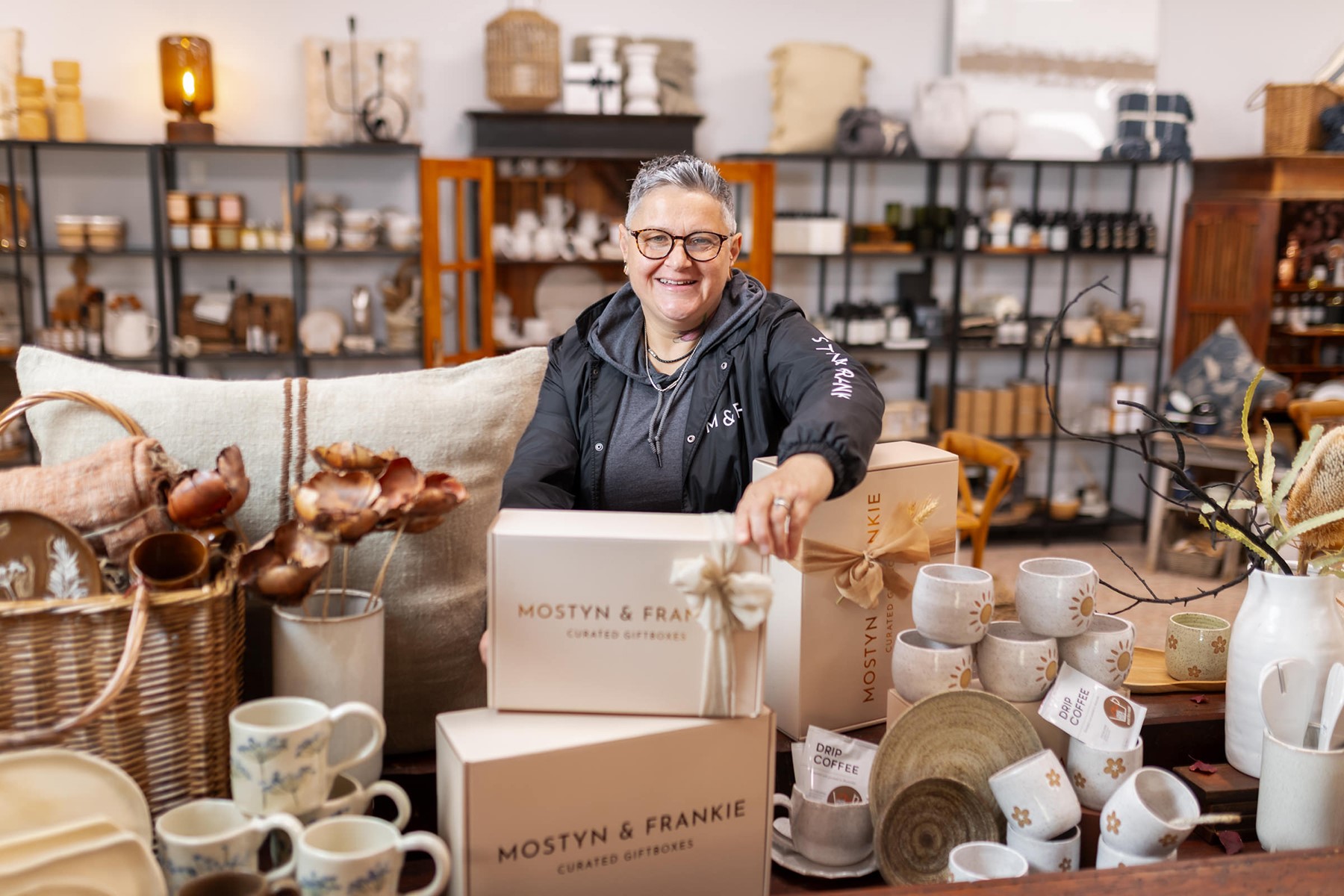Depending on the type of business you own, your business premises might need certain fixtures, fittings or services connected before you can start operating.
Fit out is an important aspect of a business as your customers can be drawn in by the appearance of a well-designed fit out, such as a cosy café or vibrant restaurant.
If you are leasing your premises as a commercial tenant, it’s important to invest your time and effort into planning your fit out early, to avoid problems later. For example, some businesses have spent a lot on refurbishments only to realise their lease is limited, so they would not be able to recover the costs of fit out.
Here are three factors to consider when you’re planning a fit out for business premises you will be leasing.
Factor #1: Know the scope of your fit out
Before you commit to any fit out plans for your premises, it’s important to understand exactly what you need to run your business in line with health and safety requirements and your specific industry standards.
Some elements you might need to consider include:
Shopfront including shelving and displays
- lighting
- air-conditioning
- floor and window coverings
- power points, electrical fittings and sub-meters
- security, smoke detectors and fire control systems
- water supply and waste
- phone and internet connections
- painted or plastered walls
Make sure all of your planned fit out elements would be suitable for the space you’re leasing and leave enough room for your stock, storage, staff areas and your customers, if they will be visiting.
It can be tempting to go all-out on an upscale fit out but it’s important to strike a balance between a well-designed fit out, an affordable budget so you can still afford your rental payments and considerations about the end of your lease.
You also need to know that your building is compliant for your business before you commit to any fit out elements. For example, your landlord may need to install a ramp for accessibility or have any asbestos removed safely to make sure their premises are compliant for any business.
Factor #2: Be clear on costs and responsibilities
It’s important to have a clear understanding of whether your landlord will contribute to your business fit out, including how and whether any conditions will be attached. You also need to know what approvals will be necessary (eg. if your building is heritage-listed) and who will own each of the elements of the fit out.
If your business premises are within a shopping centre, they are likely to have very specific fit out requirements you’ll need to budget for, so make sure you can stick to your budget.
If your business is investing in substantial renovations or upgrades which will stay in place after your lease, you may be able to negotiate lower rent or a rent-free period with your landlord.
Factor #3: Plan for the end of your lease
Get everything in writing and make sure it is clear what will happen to the elements of your fit out when your lease ends, even if you plan to be a long-term tenant.
At the end of your lease, some elements of your fit out will be able to move with you, such as shelving units. Other fixtures such as power-points and smoke detectors will be left behind for your landlord’s next tenant.
Consider having a property condition report prepared to record and reflect the state of the premises before any fit out works occur. You need to know whether you are expected to return the premises to the same condition as at the beginning of your lease, excluding wear and tear, damages to the property not caused by your business (such as through fire or flooding) and any alterations approved by the landlord.
Have a clear agreement about what would happen if you terminated your lease early. For example, if your landlord was investing $100,000 towards your fit out, based on a five year lease, would you be expected to pay back some of this amount if you terminated your lease? If so, how would this be calculated.
Consider expert advice
It could be worth investing in professional fit out expertise. A consultant or company with experience in fit outs for your industry could help you achieve the best outcomes. They are likely to know what will work best for your space, how to plan ahead for the fit out processes and approvals involved and how other businesses similar to yours choose to handle delegating responsibilities with landlords.
More information
If you need to discuss any element of your business, including how to build a positive relationship with your landlord or plan ahead for any fit out issues which might arise, you might like to get in touch with our small business advisory service.




